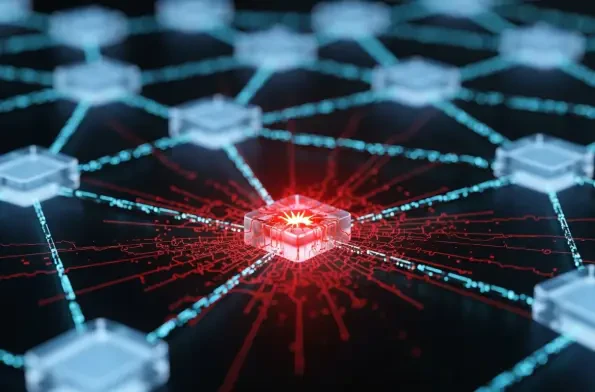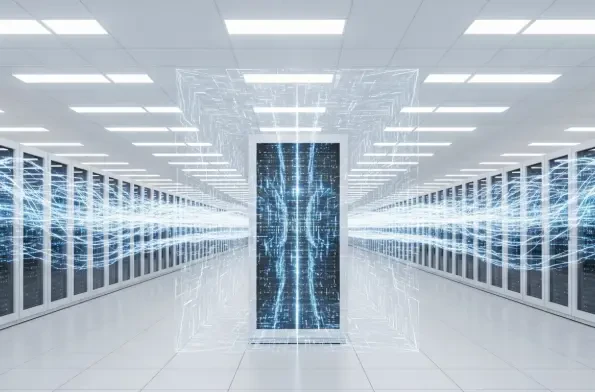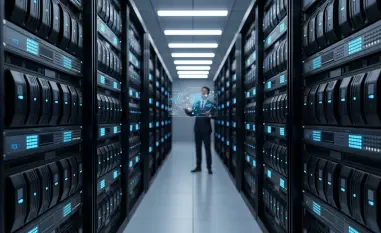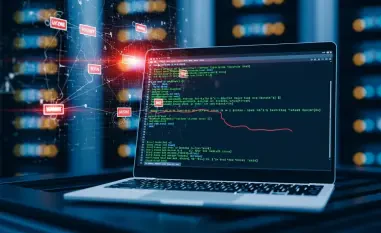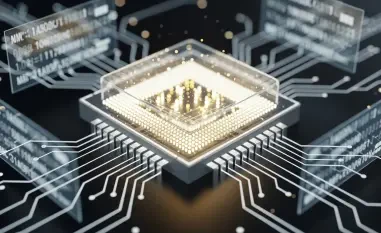Analytics Intelligence
The seamless integration of artificial intelligence into web browsers has created an entirely new paradigm for user interaction, where browsers are no longer passive viewers of content but active agents capable of executing complex tasks across the web. The rise of agentic AI browsers represents a
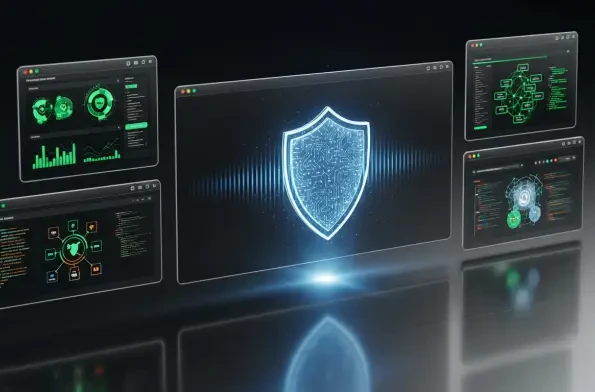
The very tools designed to enhance productivity and streamline digital life are now being weaponized, turning trusted AI assistants into unwitting conduits for sophisticated data theft. A recent security audit has uncovered a widespread campaign targeting users of the popular OpenClaw AI platform,

As businesses rapidly integrate artificial intelligence into their core operations, a new and shadowy battlefield has emerged where malicious actors are meticulously mapping the exposed infrastructure of corporate large language models (LLMs). Researchers have recently uncovered two distinct and
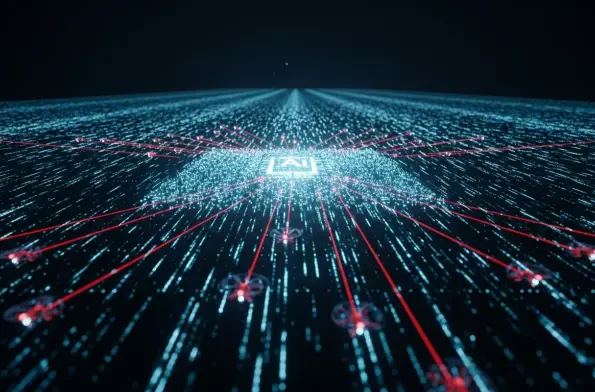
The discovery of a malicious VBA macro with comments that read more like prompts for a machine than notes from a human developer signals a potential paradigm shift in state-sponsored cyber espionage. In a sophisticated campaign targeting Iranian human rights activists, evidence now strongly

With the global race for AI supremacy heating up, the battle to protect intellectual property has become more critical than ever. We're joined by Malik Haidar, a cybersecurity expert who has spent his career on the front lines, defending corporate secrets from sophisticated threats. He offers
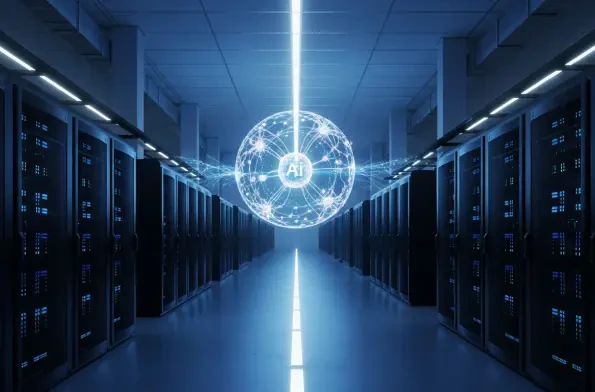
The very tools designed to streamline business operations and supercharge productivity are rapidly becoming a new, high-stakes frontier for cyber threats, turning centers of innovation into potential epicenters of catastrophic security breaches. The explosive growth of AI automation platforms has
